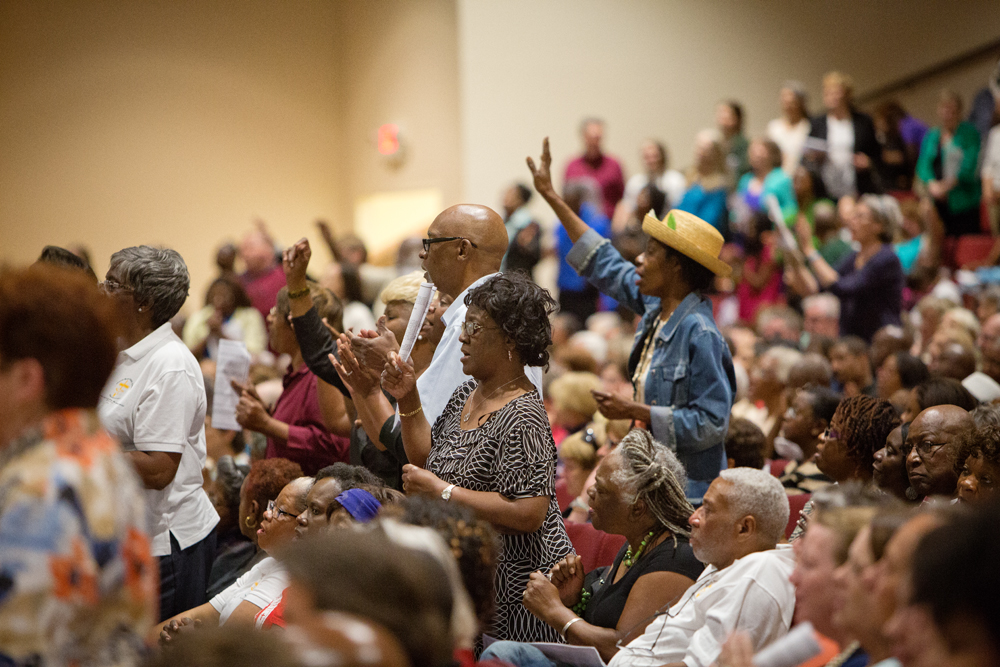By Claire Weber, ABC 4 News
The Charleston Police Department released a final report on the department’s implementation of recommendations from a 2019 racial bias audit.
The Charleston Area Justice Ministry held its second community forum Monday night, to discuss one of the audit’s main findings: racial disparities in traffic stops. CAJM also said it’s concerned with the police’s final report not including a clear plan for better community engagement.
“We actively and consistently seek ways to connect with the public,” Charleston police said in response.
The department highlighted different opportunities for community members to engage with officers: “For example, these include our twice-yearly Citizen’s Academy, our annual Open House, and participation in hundreds of public events where we encourage direct access to our police officers.”
For Arthur McFarland, co-chair of CAJM’s Policing Committee, the issue of racial disparities in traffic stops is personal.
“I’ve got a son who’s in his 30s now, but he told me just yesterday, ‘Dad, you know, I have been stopped by the police in Charleston about 20 times,” McFarland said.
Learning about his son’s experience with Charleston Police has made McFarland committed to seeking solutions for his grandchildren.
“The important thing is for the police department and the mayor and council to hear from citizens who say, ‘We want a different future for our community when it comes to policing,’” he said.
The 2019 racial bias audit of CPD found that Black drivers are stopped, searched, and possibly, cited and arrested at a higher rate than white drivers.
Out of 20 traffic stop recommendations Charleston Police received since then, the department has completed 10 with another nine in progress.
Still, CAJM thinks the disparity needs more attention from police and city leaders like Mayor William Cogswell.
“When we met with him last year, he said, ‘Don’t bring me problems. Bring me solutions,’” said Suzanne Hardie, of the mayor.
Based on research from across the country, CAJM thinks CPD officers should limit the number of non-safety-related traffic stops.
Stops for bumper issues, taillights being out or something hanging from the dashboard, Hardie explained.
“If they’re not immediately impacting public safety or traffic safety, focus on the ones that are like speeding, like DUIs,” she said.
Hardie argues that a move like this would improve safety for both citizens and police.
CPD will present its final audit report to the Citizen Participation Advisory Council Thursday.
View the original story here.






